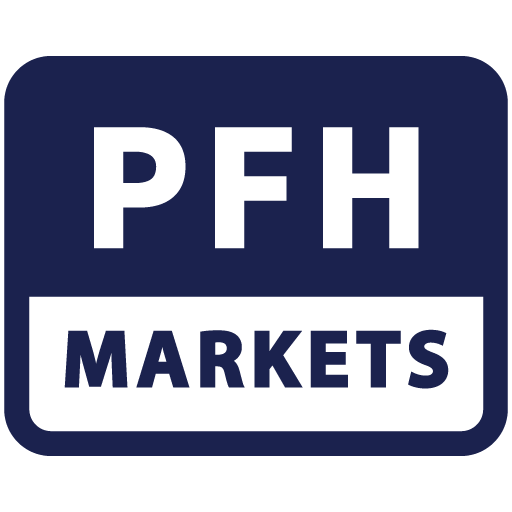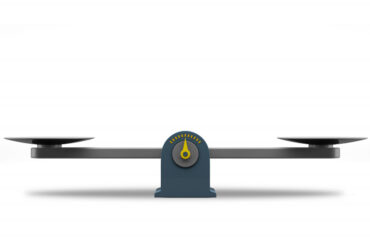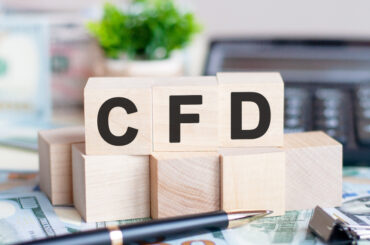Contract for Difference (CFD) trading has gained significant popularity among traders due to its flexibility and potential for profit. However, it’s important to understand the various costs associated with CFD trading to make informed decisions and manage your trading expenses effectively. In this blog post, we will explore the different types of costs incurred while trading CFDs, giving you a comprehensive overview of the expenses involved. By understanding these costs, you can factor them into your trading strategy and ensure a more accurate assessment of your potential returns.
Types of Costs Incurred while Trading CFDs

1. Spread Cost
This is the cost that you pay for the difference between the buying price and the selling price. The cost depends on the width of the spread that takes place. If it’s narrower, less price moves in your favor before trading happens. On the other hand, if the price moves against your favor, you are likely to occur significant losses. Therefore, it is necessary for the spread to be competitive and market-friendly. With PFH Markets, enjoy tight & competitive spreads.
2. Holding Cost
If a trader holds his position overnight, i.e., after the trading day ends, he is charged a specific holding cost depending upon the value of his position and the applicable holding rate at that point in time. This cost can be both positive & negative. At PFH Markets, you gain the freedom of transparent rollover strategies.
3. Commission
Any trader who trades in shares CFDs is supposed to pay a commission fee which varies from broker to broker. Some CFD brokers charge commissions on trades in addition to the spread. These commissions can be a fixed amount per trade or calculated as a percentage of the trade value. Commissions are typically more common in certain markets, such as equities or futures CFDs. It’s important to be aware of the commission structure and consider it in your trading plan, as it directly affects your overall trading costs.
Conclusion
When trading CFDs, understanding the costs involved is essential for effective risk management and accurate evaluation of potential returns. The costs incurred while trading CFDs include the spread, overnight financing charges, commissions, slippage, and inactivity fees. By considering these costs in your trading strategy, you can make informed decisions, select the most suitable CFD broker, and optimize your overall trading performance. It’s crucial to conduct thorough research and choose a reputable broker that offers competitive pricing and transparent fee structures. By carefully managing your trading costs, you can enhance your trading experience and work towards achieving your financial goals effectively.
Traders should conduct their own research and seek professional advice before engaging in CFD trading. For more information about CFDs visit PFH Academy.





